Scaling Up
I took a walk through Harvard Square and tried to remember the locations of all the bookstores there I used to visit. I counted sixteen - two are banks, one is a real estate company, two are in buildings under renovation, three are vacant and available for lease, three have been repurposed by Harvard, one is a Blue Bottle coffee, one sells jewelry, one cookies, one frozen yogurt, and one lingerie.
I know I am forgetting others – the Harvard Crimson reported that there were 27 the year I graduated college, 1985, and in 1989 the New York Times estimated “25 to 30.”
There are still five in operation – shoutouts to Harvard Book Store (general independent), the Grolier (poetry), Raven (used books), Million Year Picnic (graphic novels), and I suppose the Harvard Coop although it is now run by Barnes & Noble which is a pyrrhic version of survival. But these seem awful lonely, given the ghosts of bookstores past I see in all the streets around them.
What happened? Amazon, obviously; and the internet more generally. However, I think there’s a more precise way to identify this shift, rather than a simple account of digital-era winners and losers. Which is there’s been a shift in scale.
Look at these storefronts. They are small, human-sized spaces for selling even smaller, hand-sized objects. We used to walk to them, especially in the evening (they were mostly open late, cause what else was there to do back in the 20th century?), spend an inordinate amount of time standing around them browsing, and then if we bought anything most likely walked out carrying a single item. One, by one, by one, books left their shops and entered our dorm rooms, apartments, houses, basements and attics. What a painstaking, laborious process. We were building pyramids out of paper and ink.
Contrast this with the current tech or business concept of “at scale,” “to scale,” or simply, “scale.” In the context of online business, all uses of the word imply a massive scale which can no longer be measured by individuals. Margins can be minimal, or even nonexistent as they were for years in Amazon’s case. But if the scale is large enough, and the market thereby concentrated enough, untold riches follow.
I might have started this same exercise with record stores - I count fourteen in Harvard Square that I used to visit, but again I know I’m forgetting others. In this case, two are now banks; one is a cell phone store; one a real estate company; four are restaurants; one is a greeting card store; one a nail salon; two seem to be offices although with obscure purposes; and one is still a record store (!) devoted to hardcore (sad trombone). And then there’s the Coop, which remains in place but eliminated their once-thriving music department. (That particular part of the space currently houses, of all things, an “unauthorized” Banksy exhibition.)
You might say well, records are over aren’t they old man. Books survived the great digital media disaster. But in audio, physical media is antique and streaming is here to stay.
That’s fine – music has always been disembodied – but I think what’s happened to our urban space makes clear that issues of scale are the same for music as books. It can’t be a coincidence that Amazon, which is based on physical products, and Spotify, a company with no objects for sale, operate on the same principles. The switch to digital may be a smokescreen for a more fundamental change that has altered our physical as well as media landscape.
Spotify, like Amazon, works with tiny margins. Indeed, they claim a loss on their use of music. Just as Amazon did before them, this “loss” is in fact a strategy for building dominant market share through scale and thereby accumulating wealth via capital markets and business-to-business transactions. Despite the red ink they report quarterly, the surplus that Spotify is amassing reveals itself whenever ownership feels like a splurge: on staggeringly expensive office space in New York ($2.77 million a month); on sponsorship for Barcelona’s football club and stadium (€280 million for three years); on an exclusive contract with Joe Rogan.
Consider the scale of that last example: Joe Rogan’s reported $200 million deal with Spotify would require 66,666,666,667 streams to earn back at the average payout received by musicians from the platform ($0.003). This is equivalent to every person on the planet listening to the same song more than 8 times.
That is not a scale based on numbers of people. If anything, it’s based on numbers of planets. (No wonder these new robber barons dream of space travel.)
This is why Bandcamp seems so different than Spotify or other streaming platforms, despite being digital and equally disembodied – the scale of activity on Bandcamp is human. Each listener can be counted. Each sale can be counted. It’s a digital version of building a pyramid of books or records, one painstaking decision and download at a time.
And this is why I feel dispirited at the recent announcement that Bandcamp has been acquired by a gaming company operating at the same scale as other giant online businesses. Epic Games has a valuation roughly equivalent to Spotify’s, give or take a few billion. If that weren’t troubling enough, 40% of Epic Games is owned by Tencent, the Chinese technology company that has an ownership stake in Spotify, and vice-versa. Tencent has also invested in the major record labels.
There goes the last indie store in the virtual neighborhood?
To my non-algorithmic mind, the 66 billion streams that Joe Rogan’s contract represents are simply uncountable. I understand that a computer counting is different than a human. But that’s precisely the point. Online business is designed for a non-human scale. And even when our media is digital, we humans can still only read or listen to one thing at a time - which must be why we live in places with human-sized buildings and shops.
What we are experiencing now is a loss of human scale from consolidated markets. And there’s nowhere to go in the evening but online.
Listening to: Windsong by Alice Damon
Cooking: Salt cod with last summer’s preserved tomatoes, olives, capers, and currants

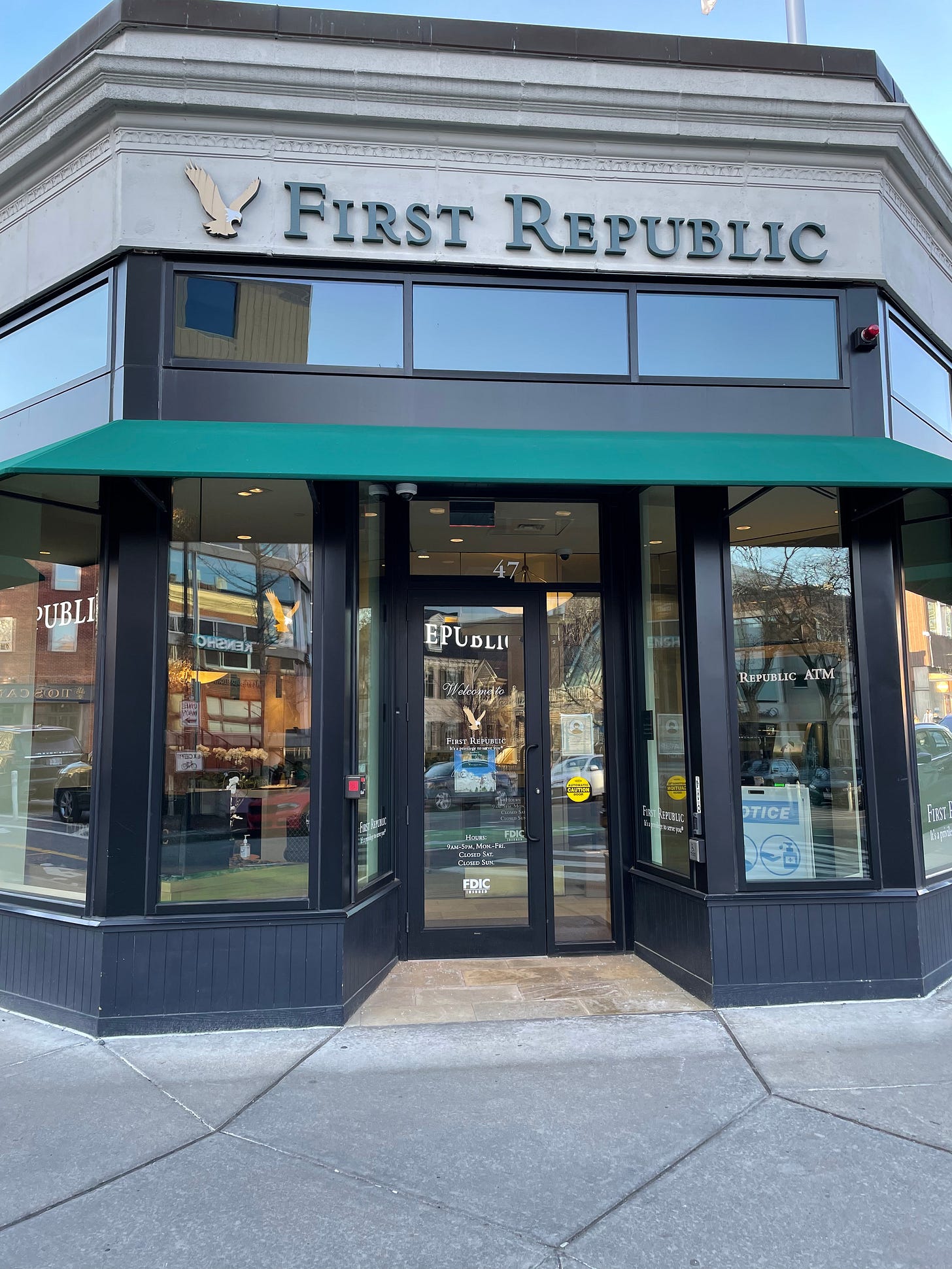
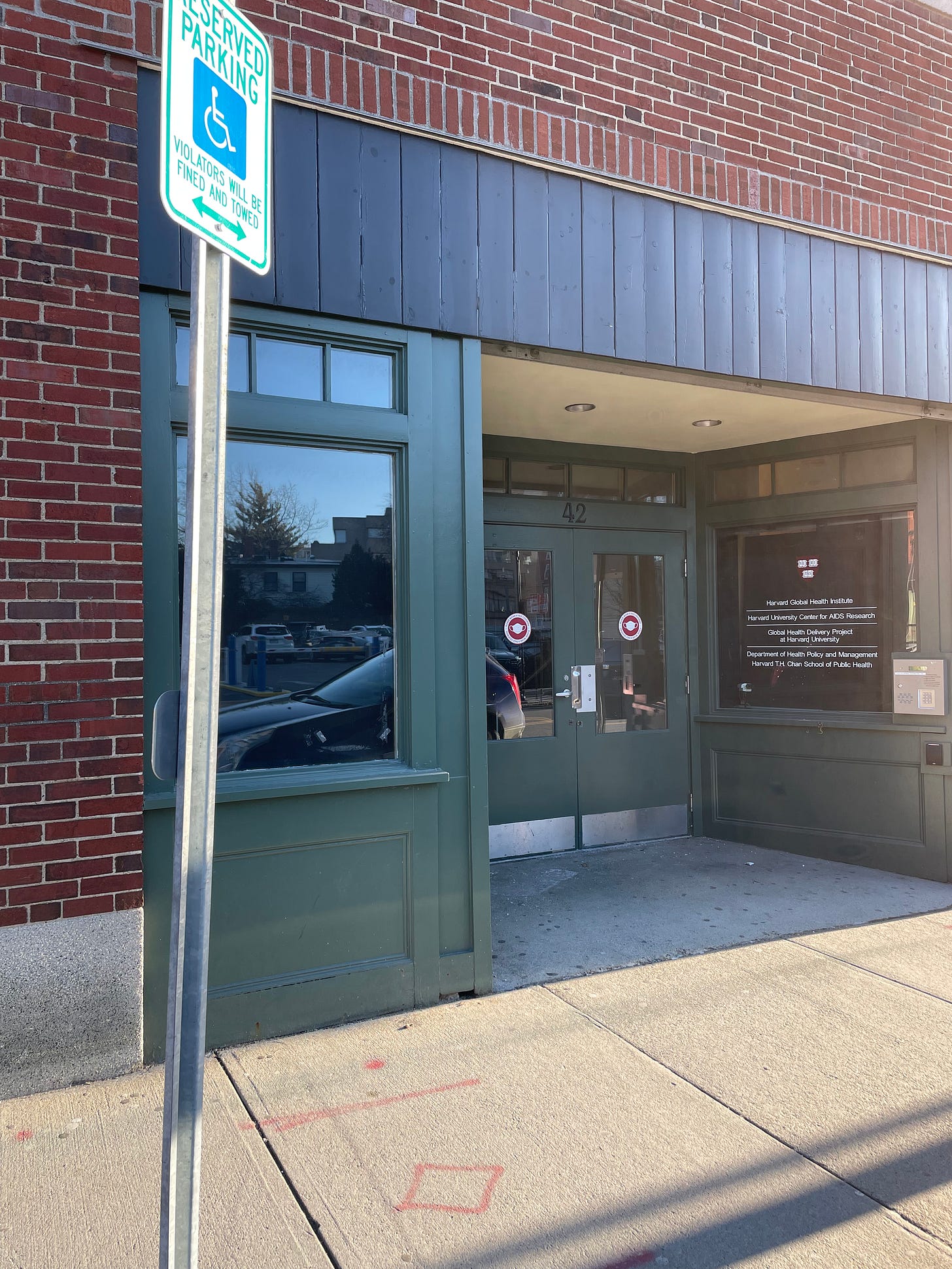

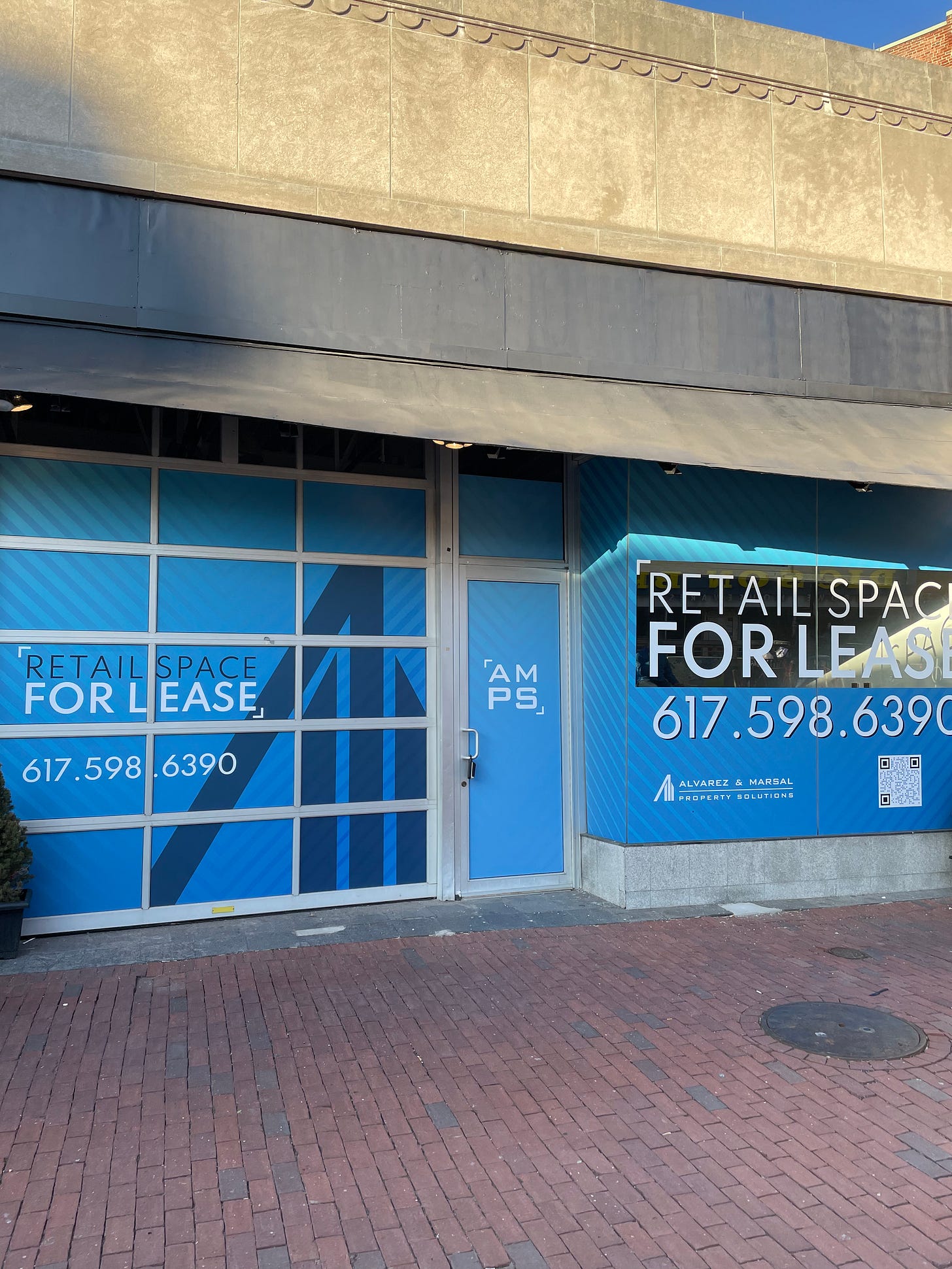
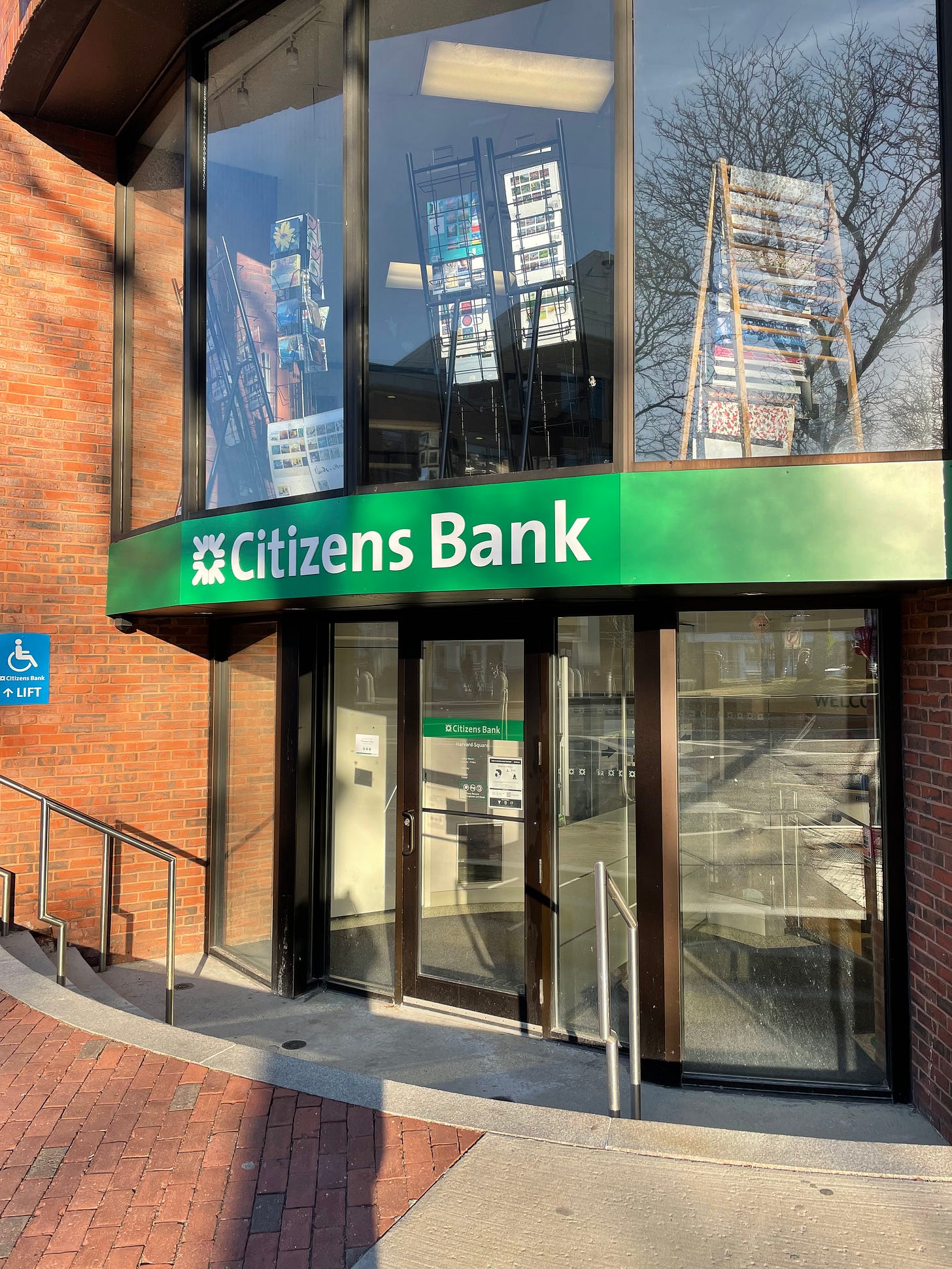
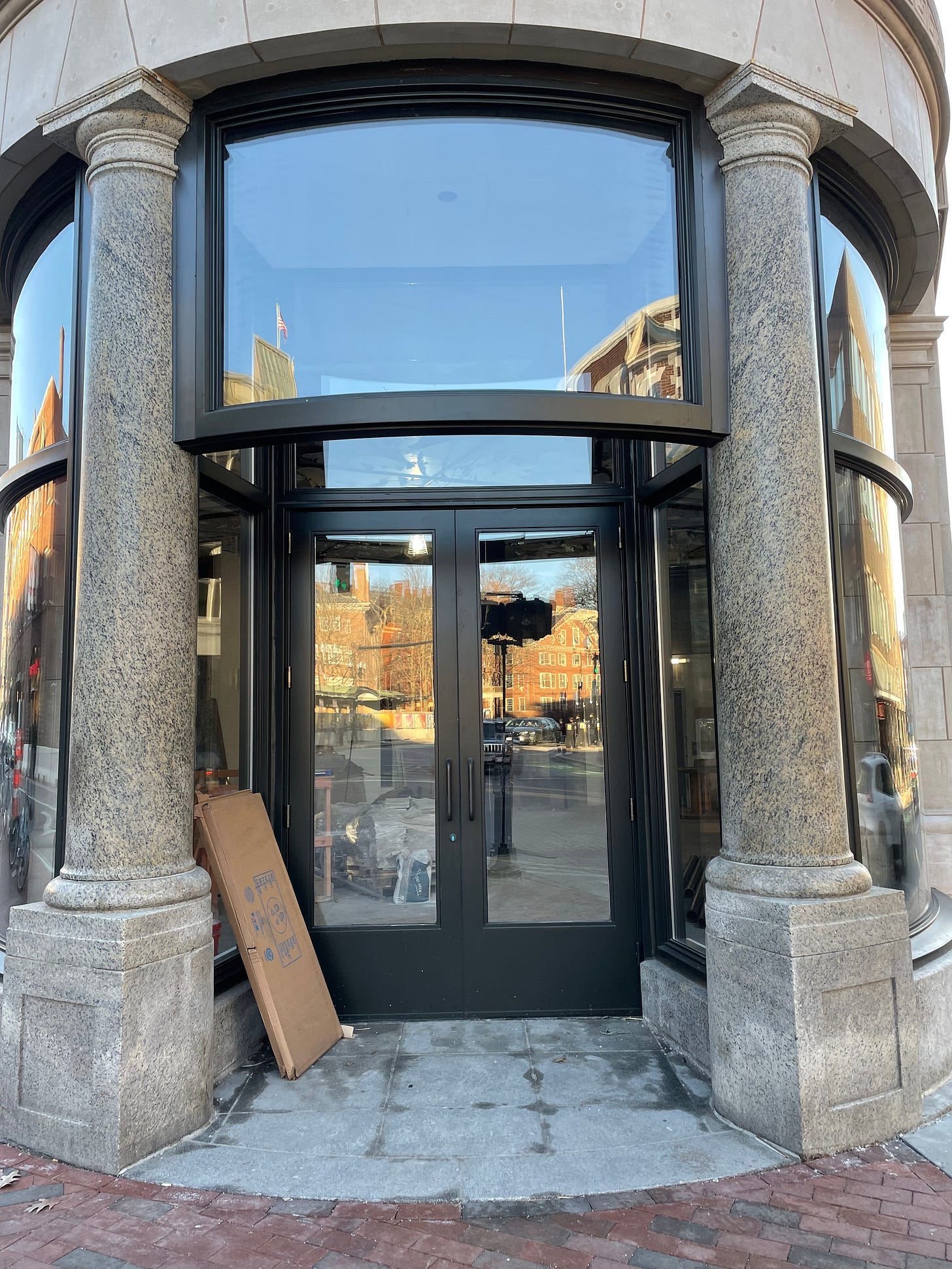
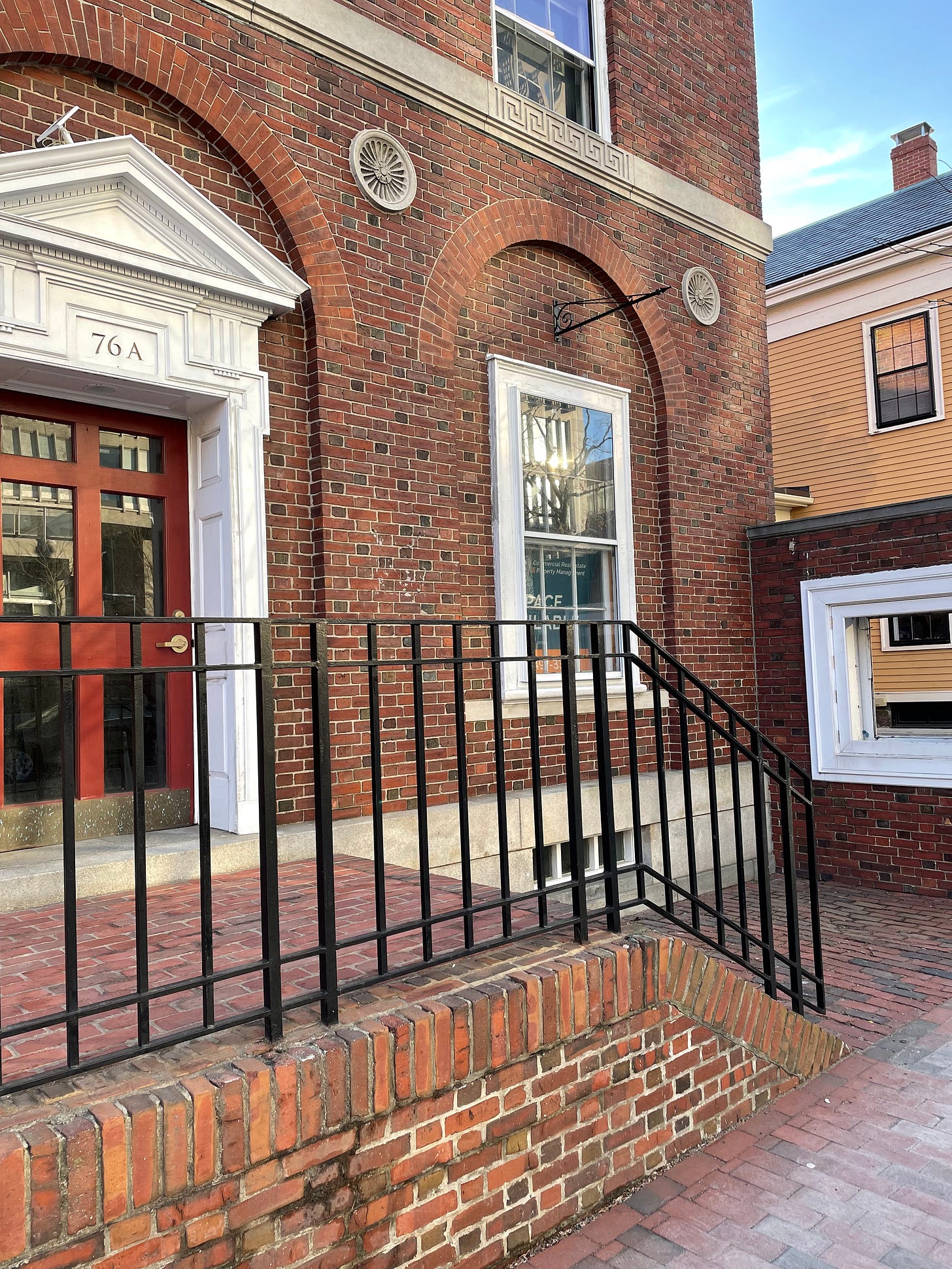
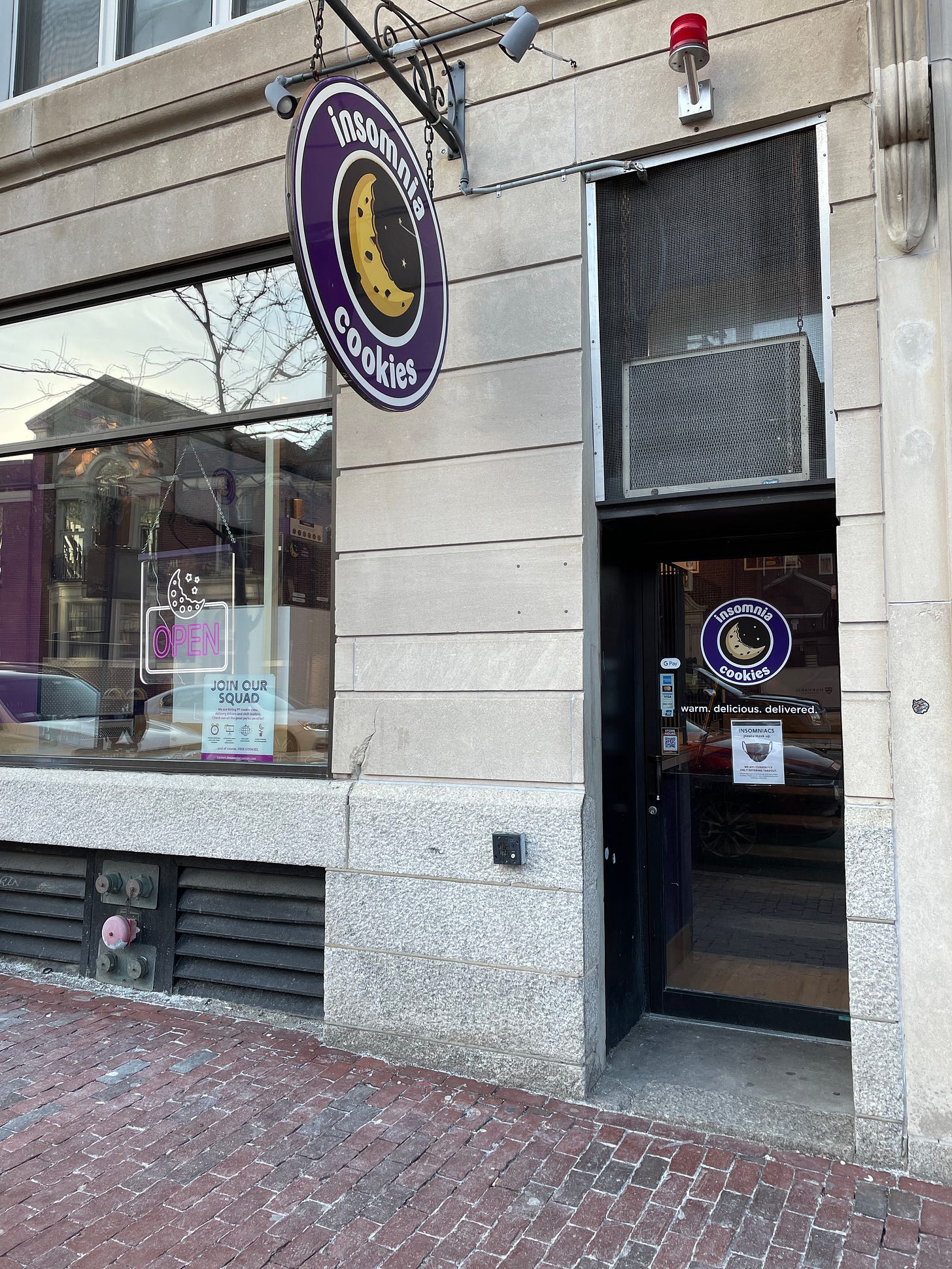
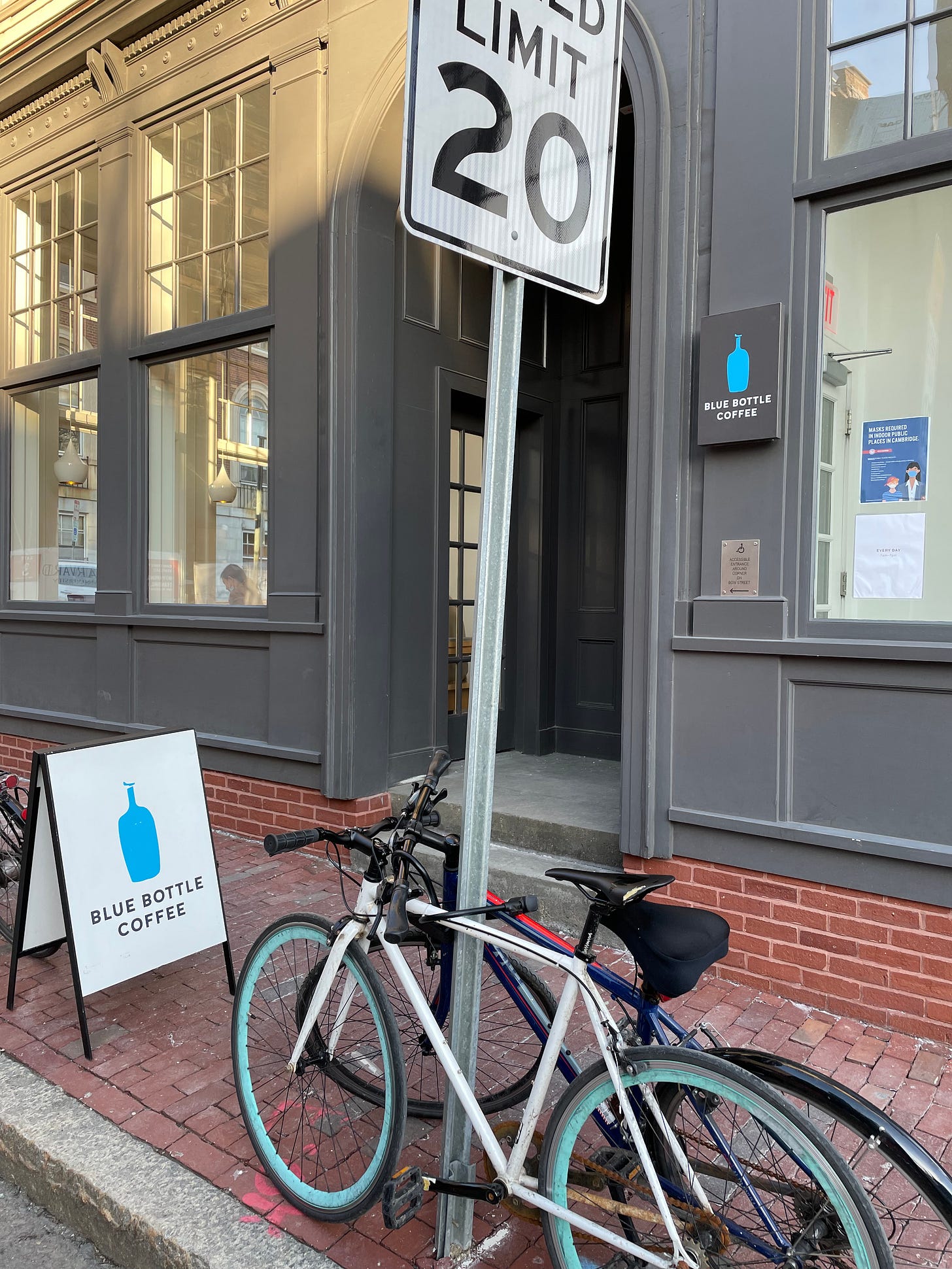
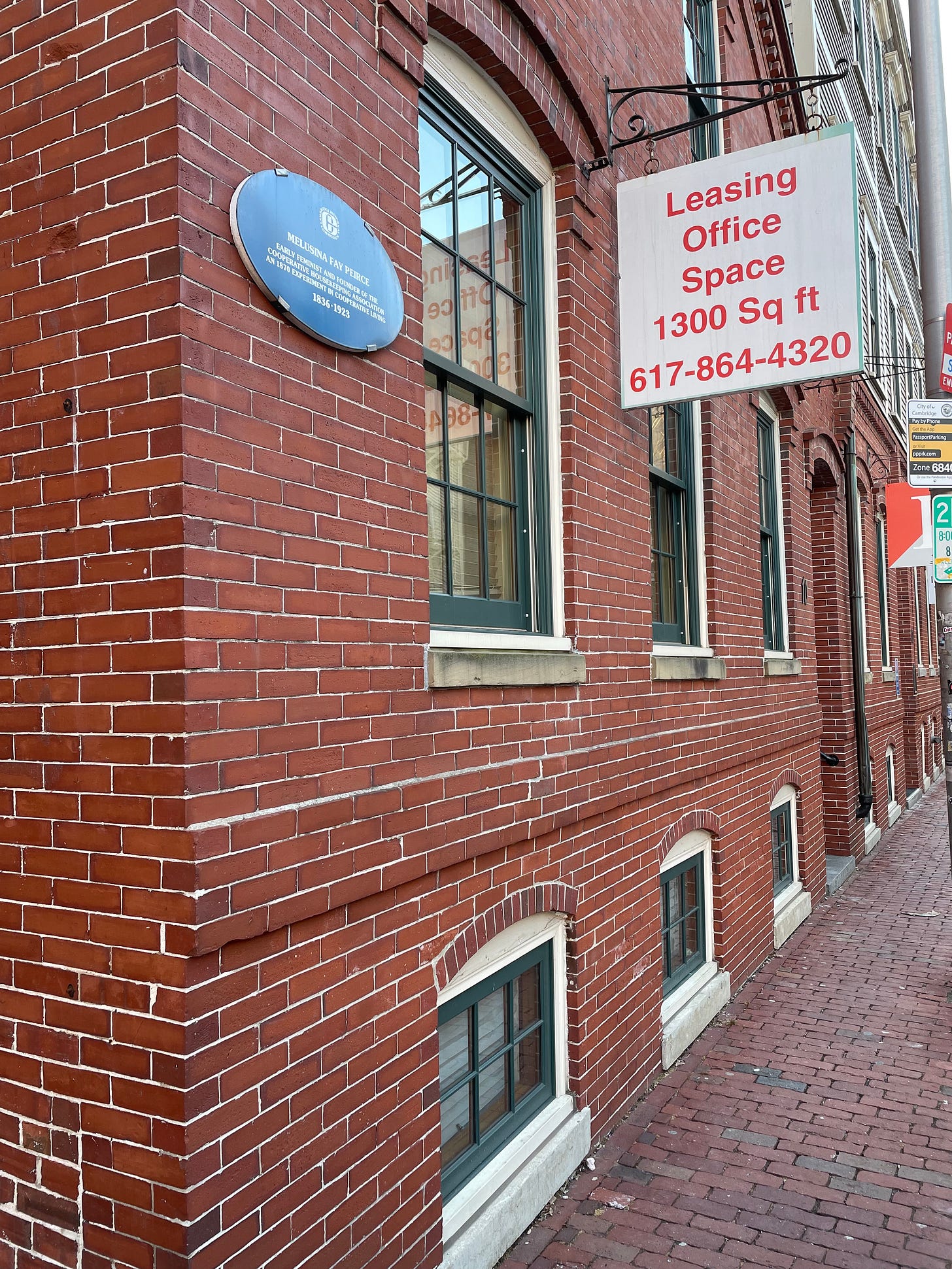

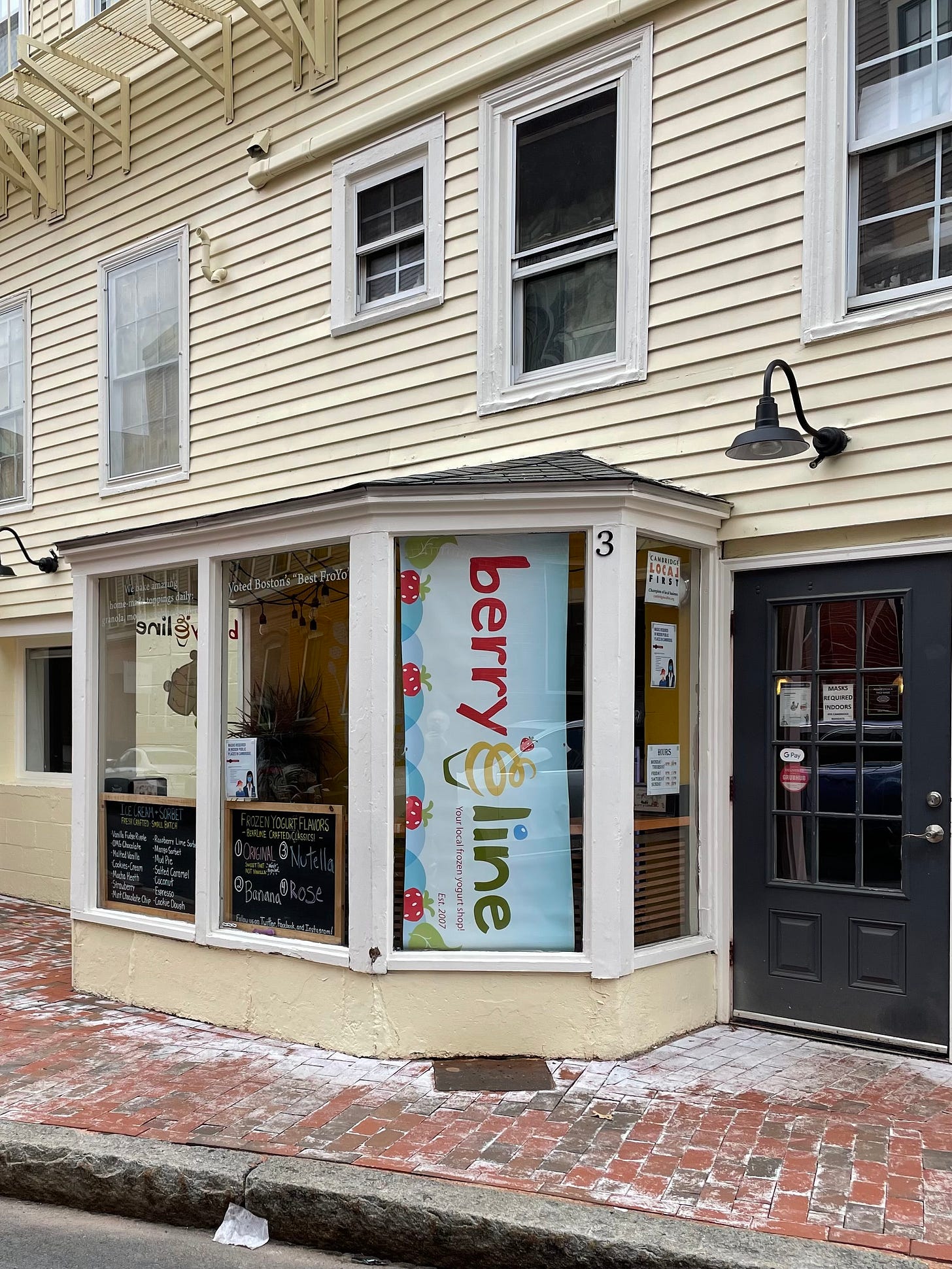
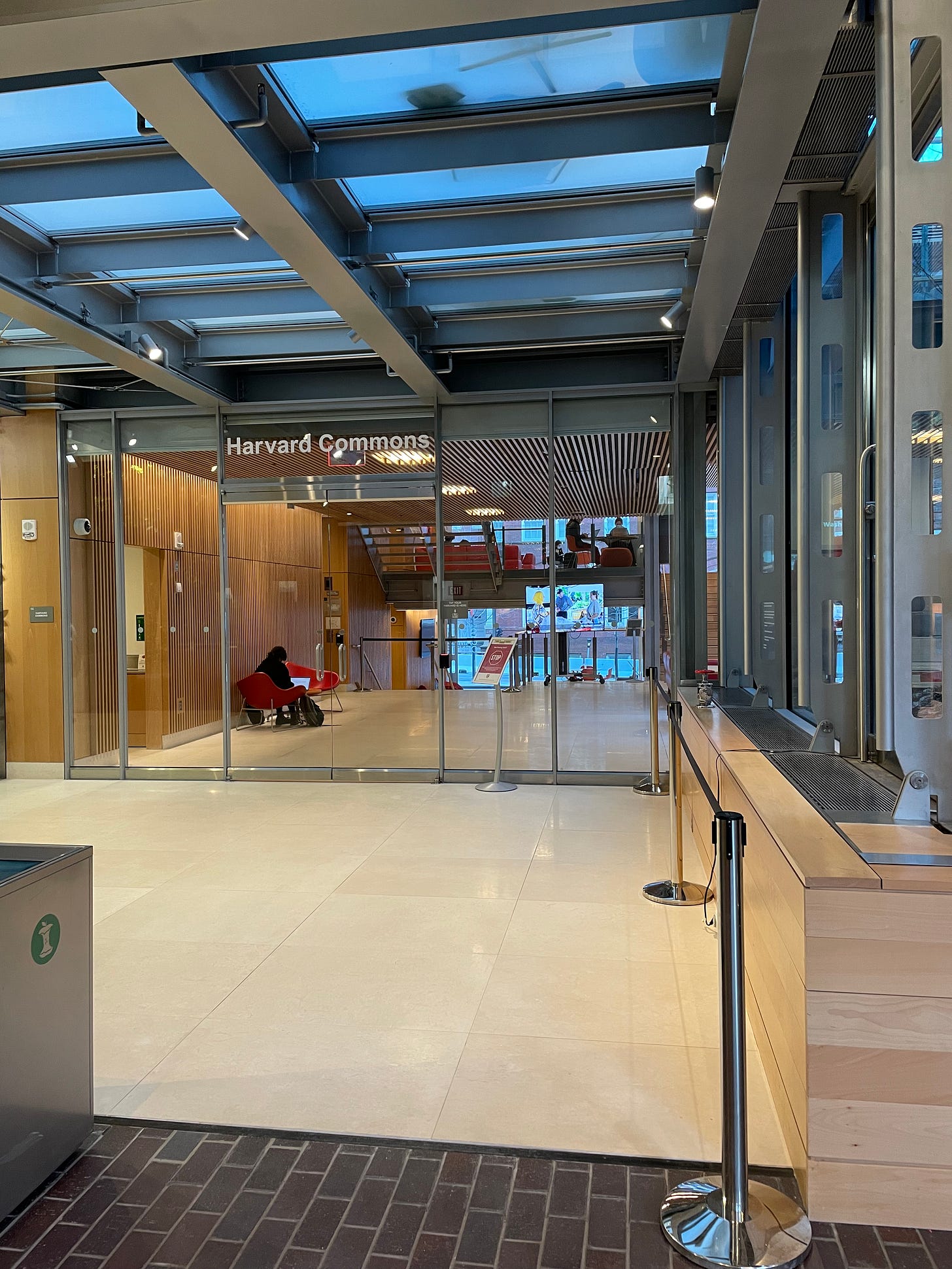


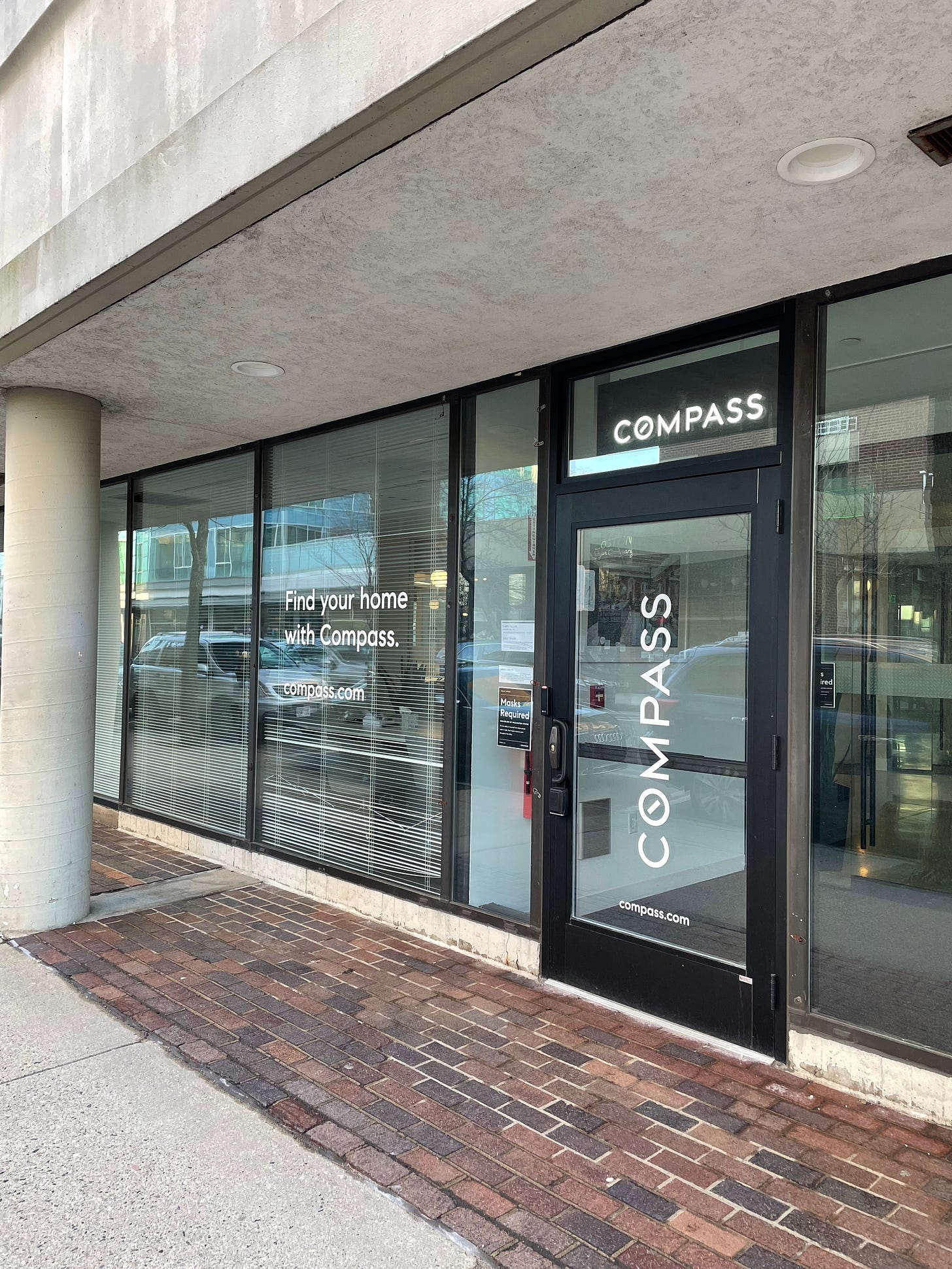
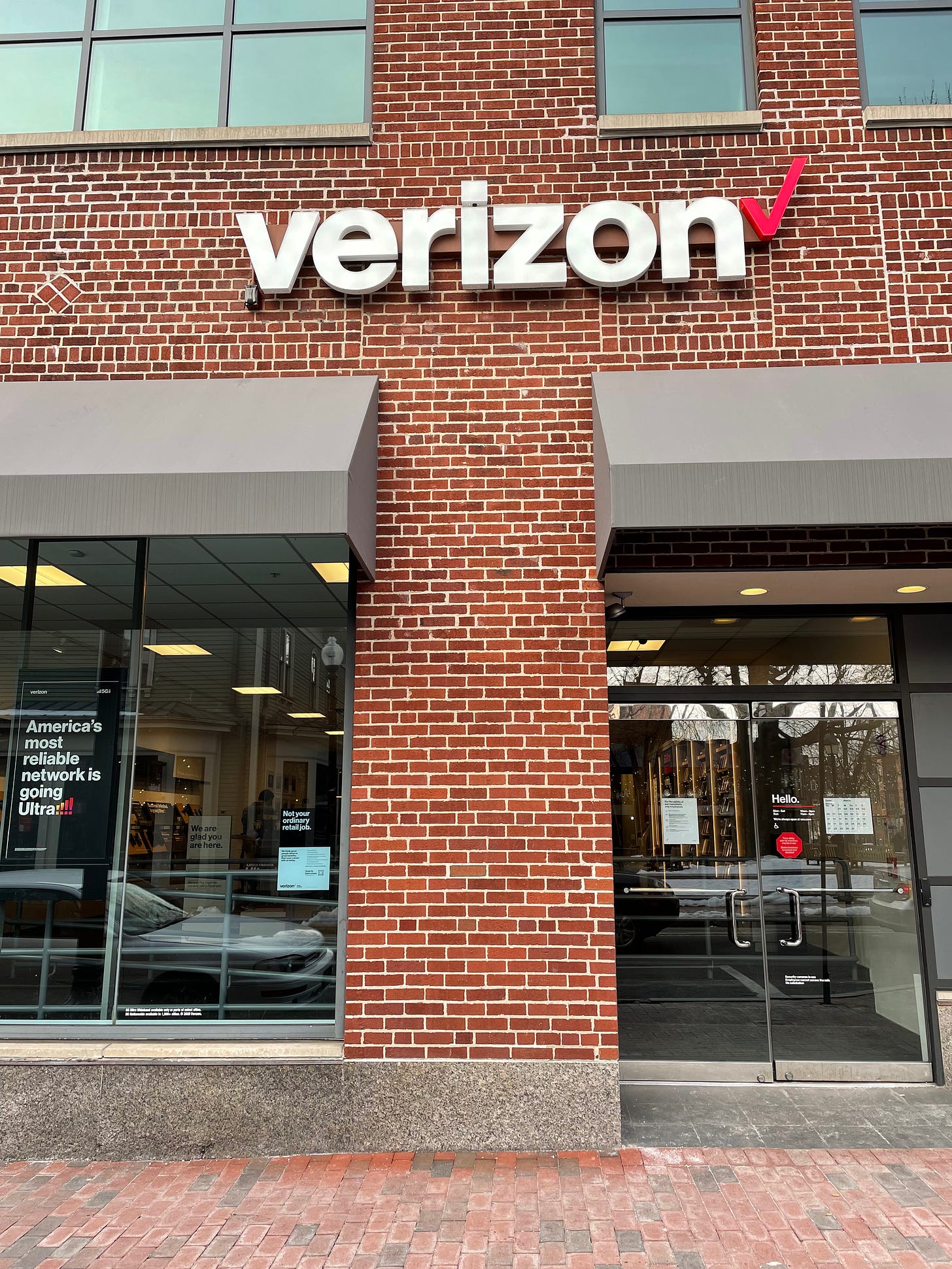
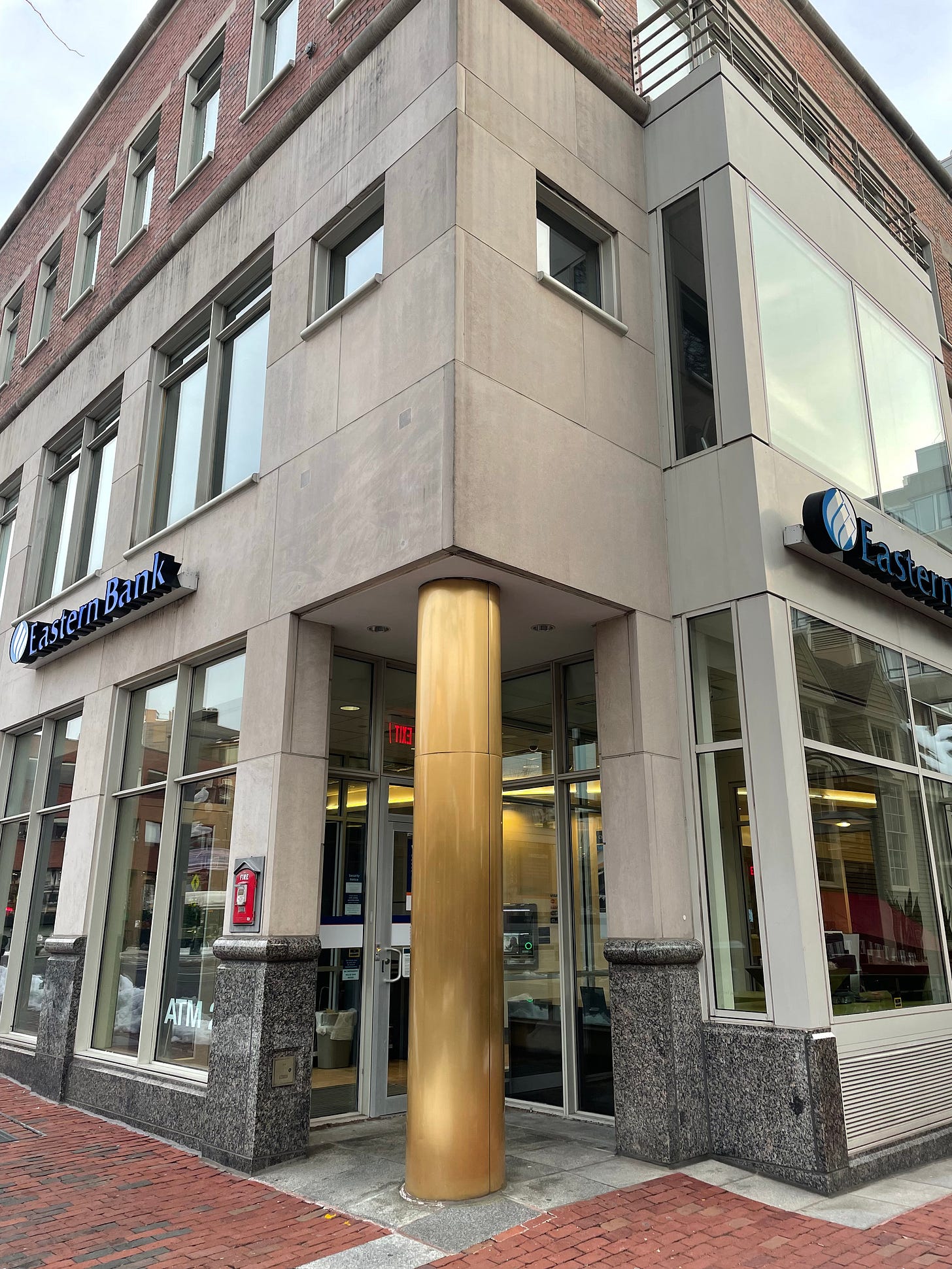
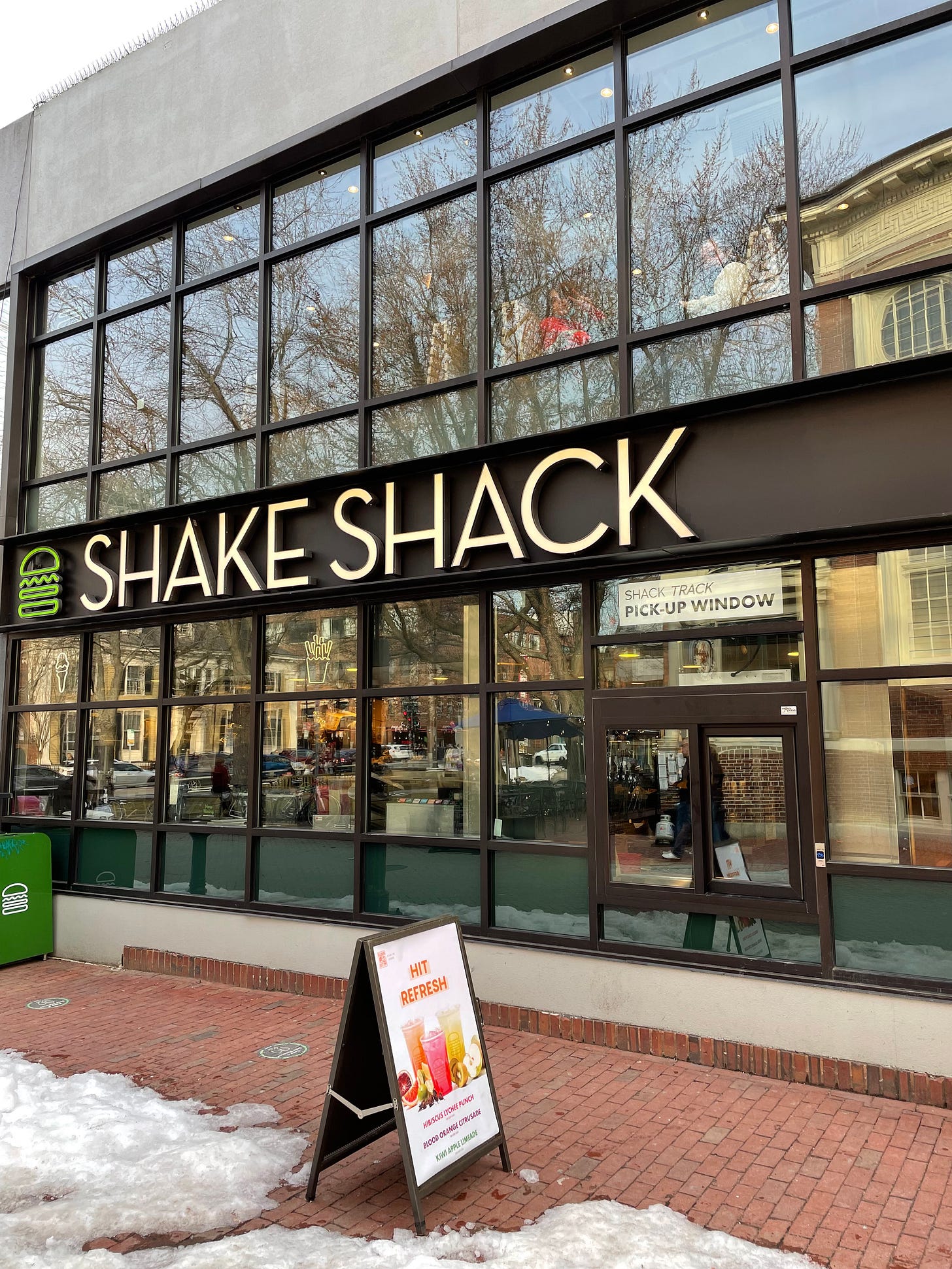
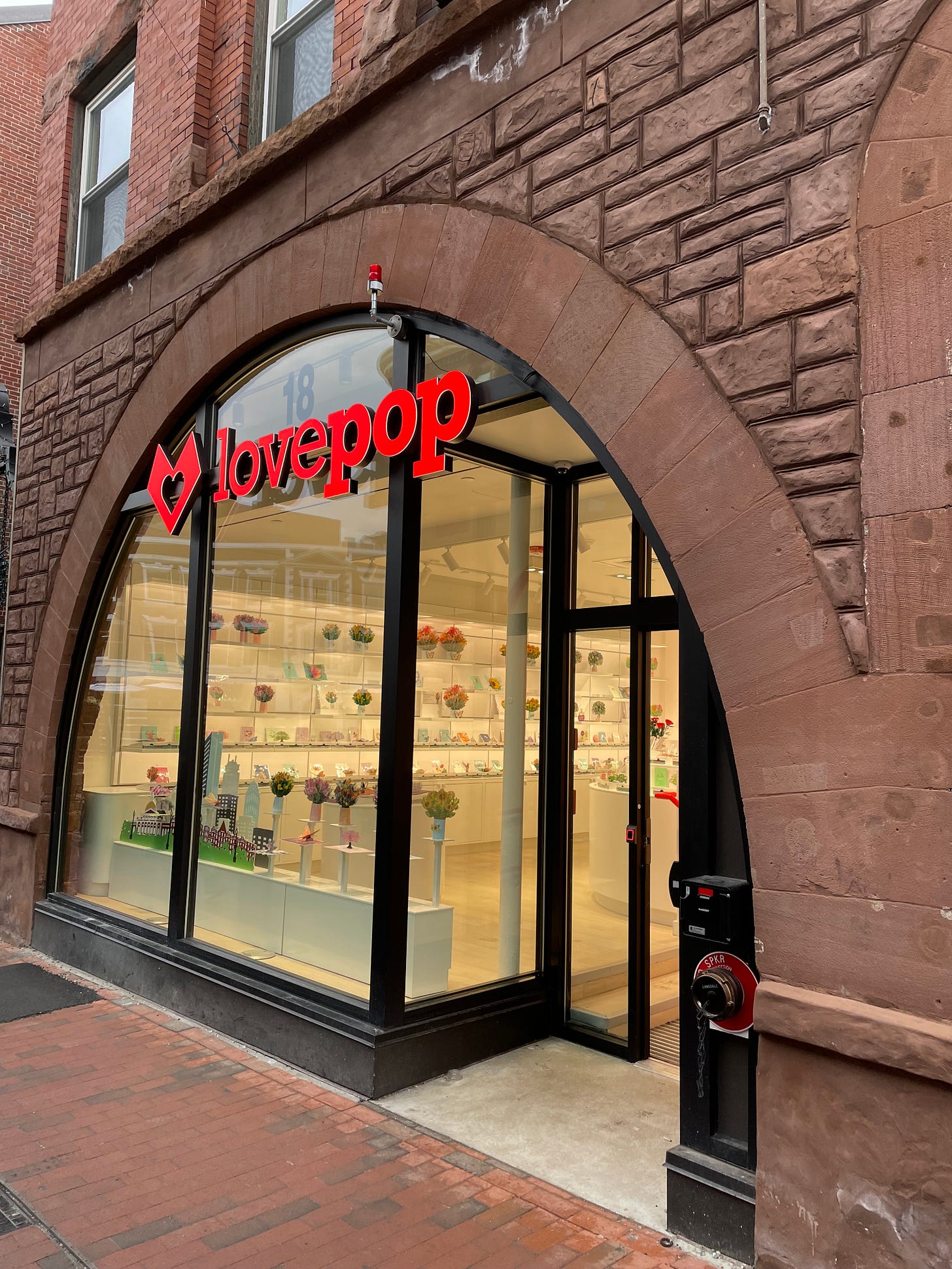
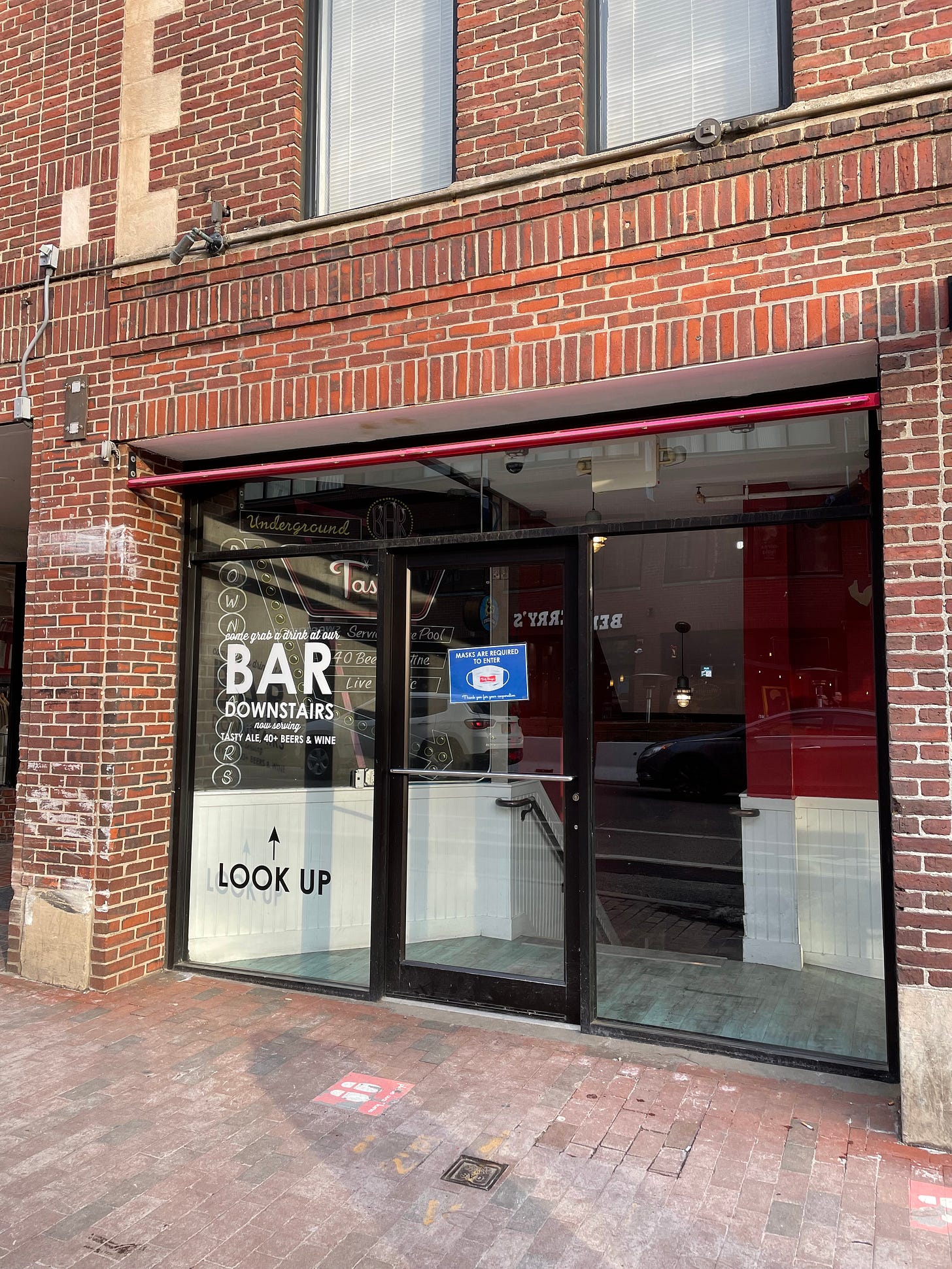
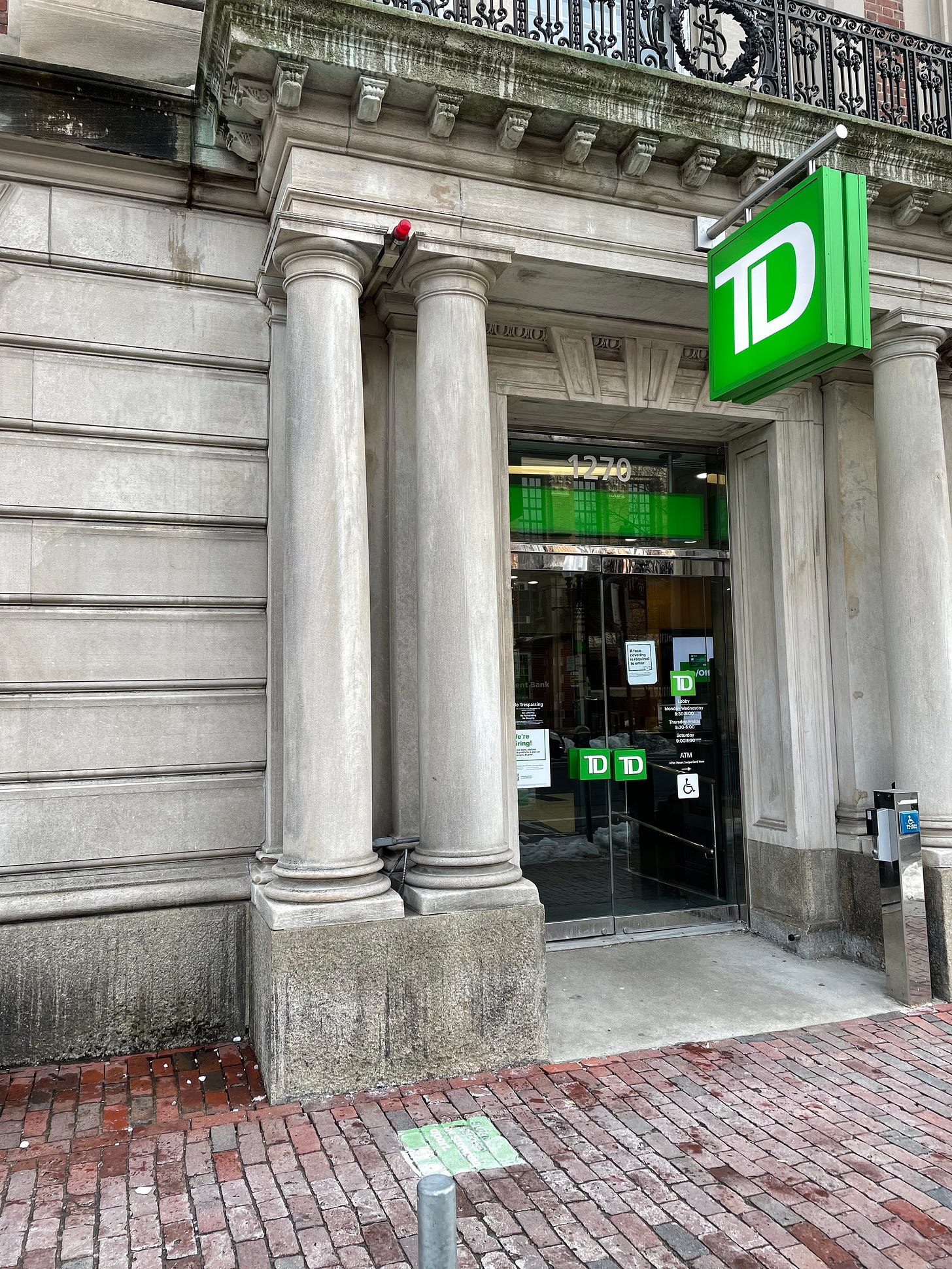
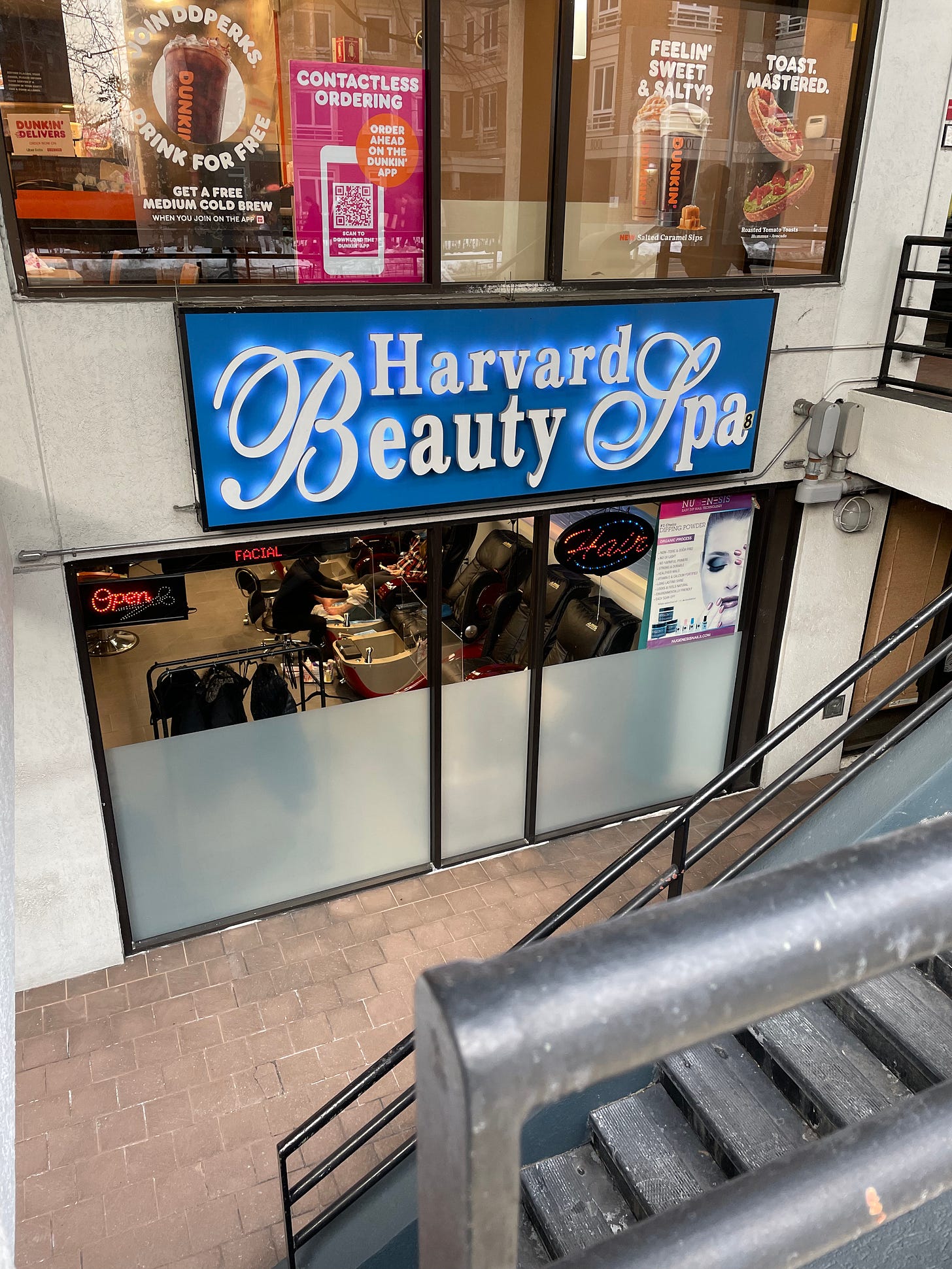
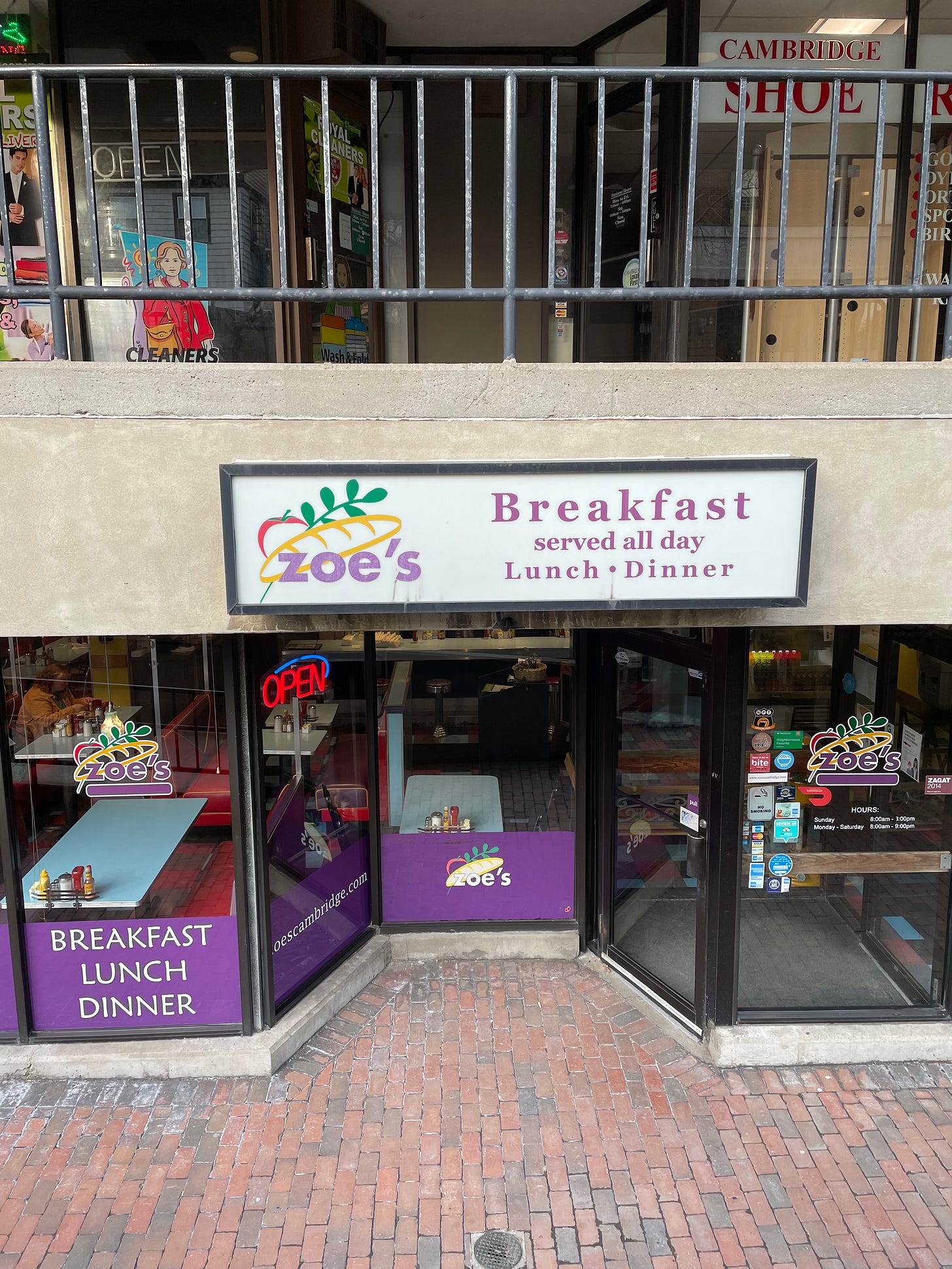
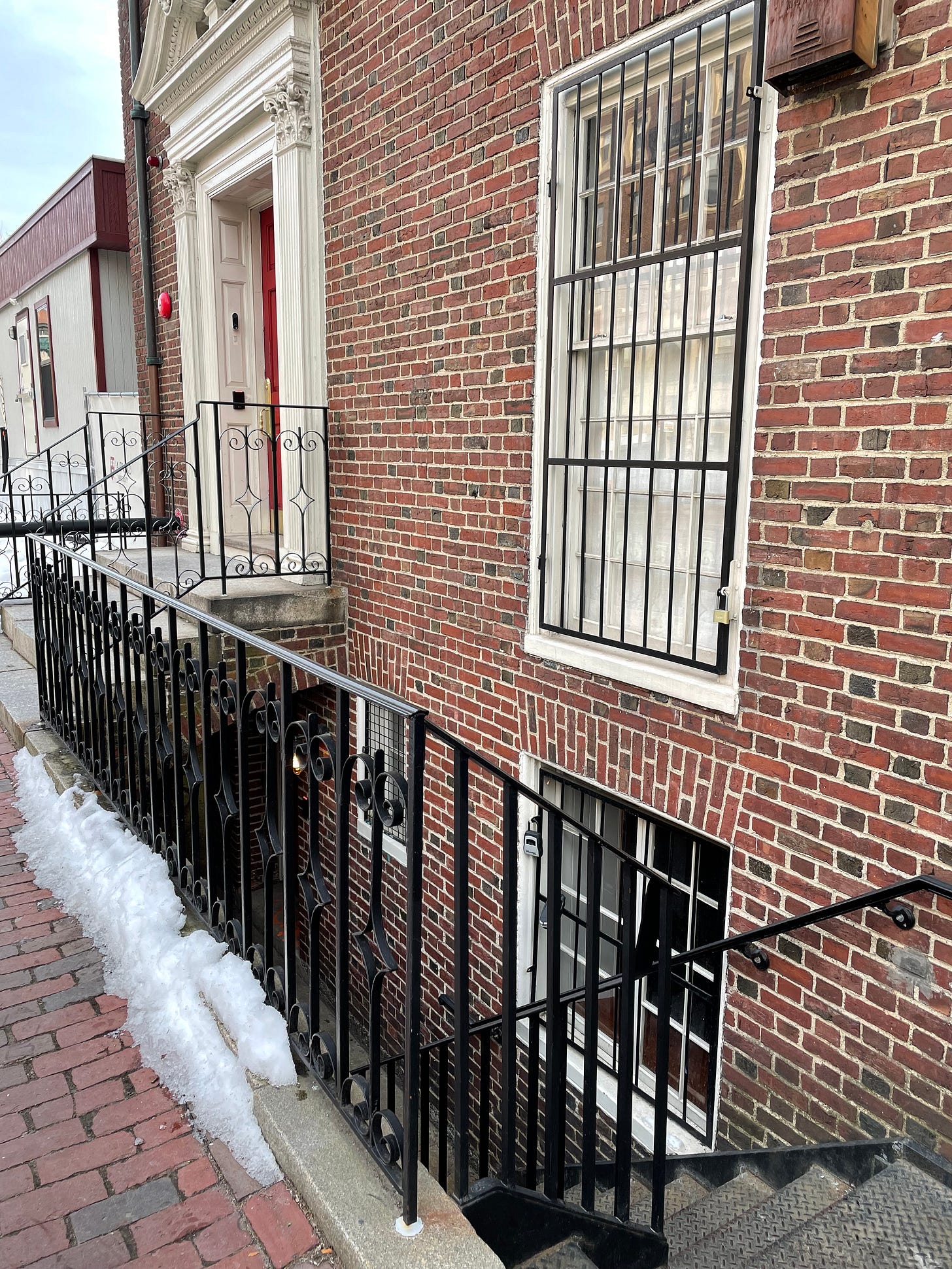
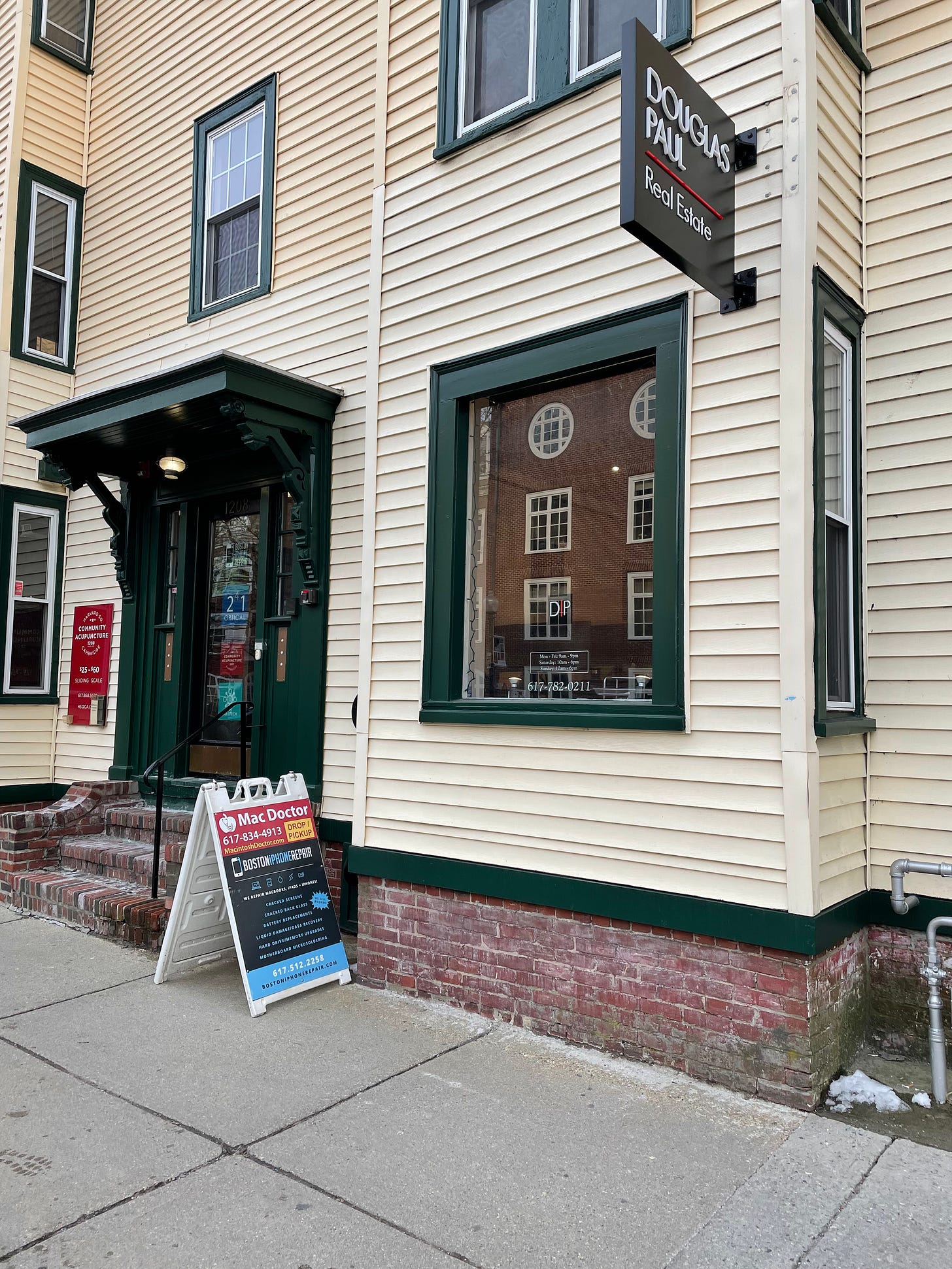
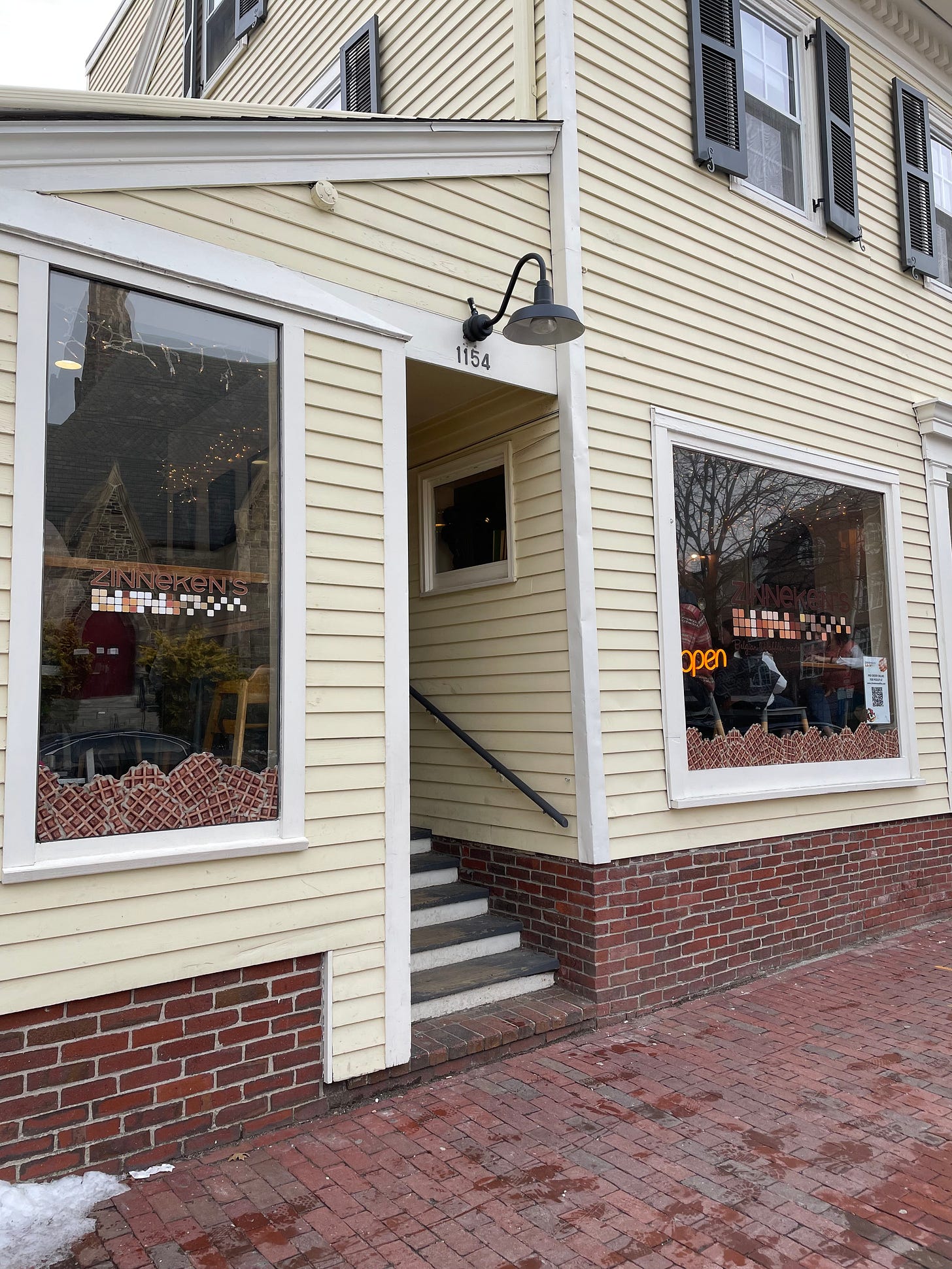
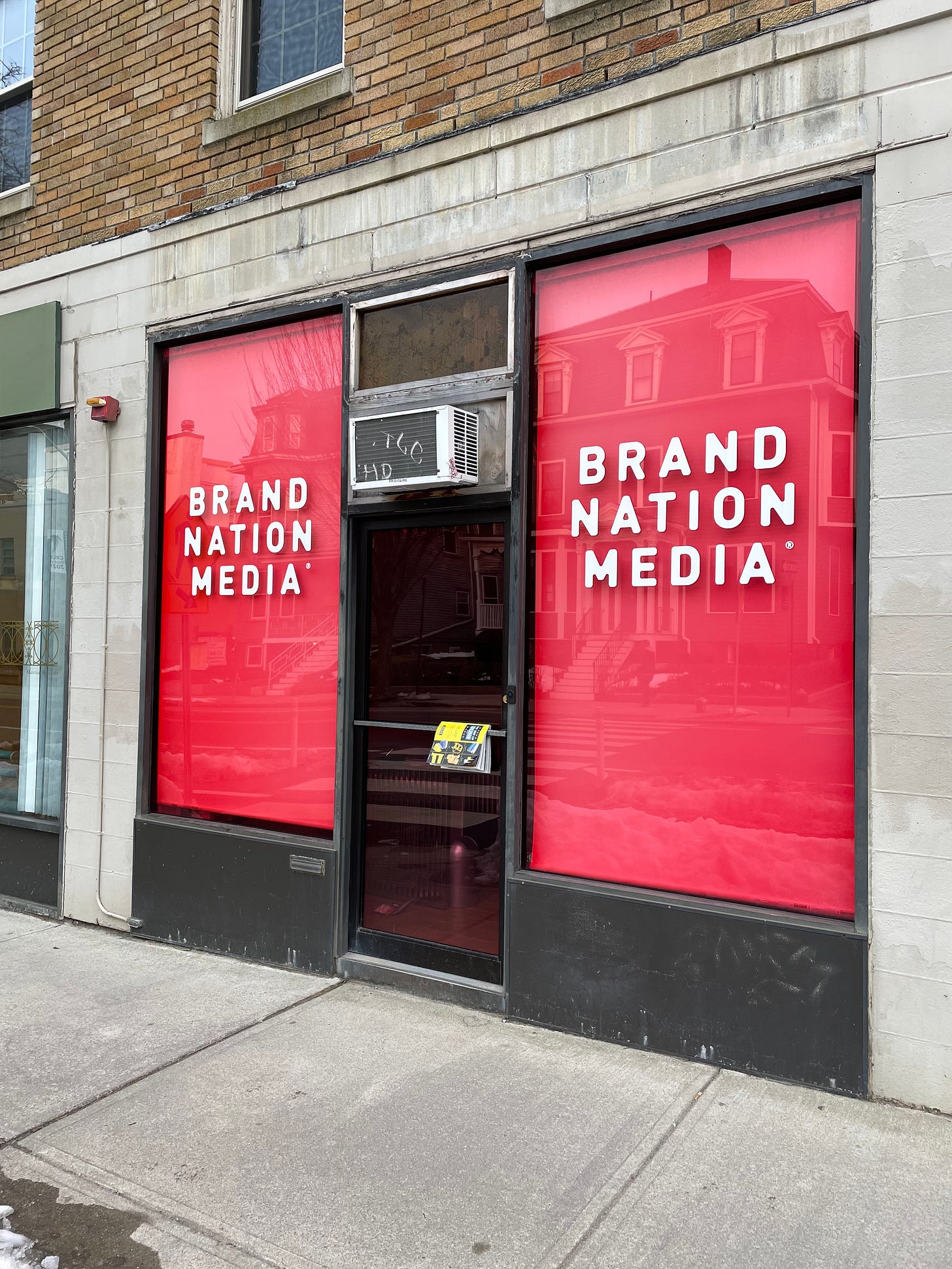
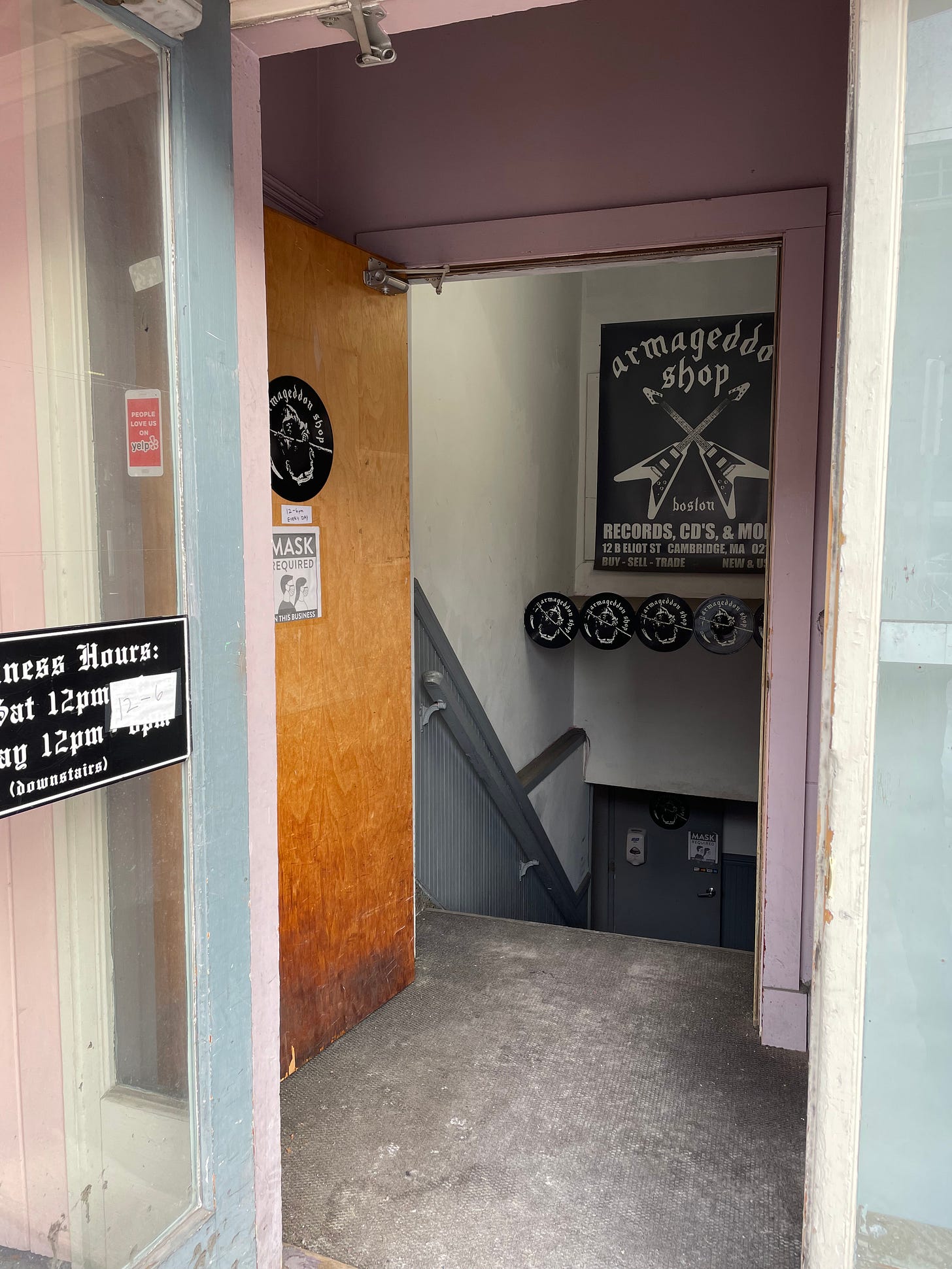
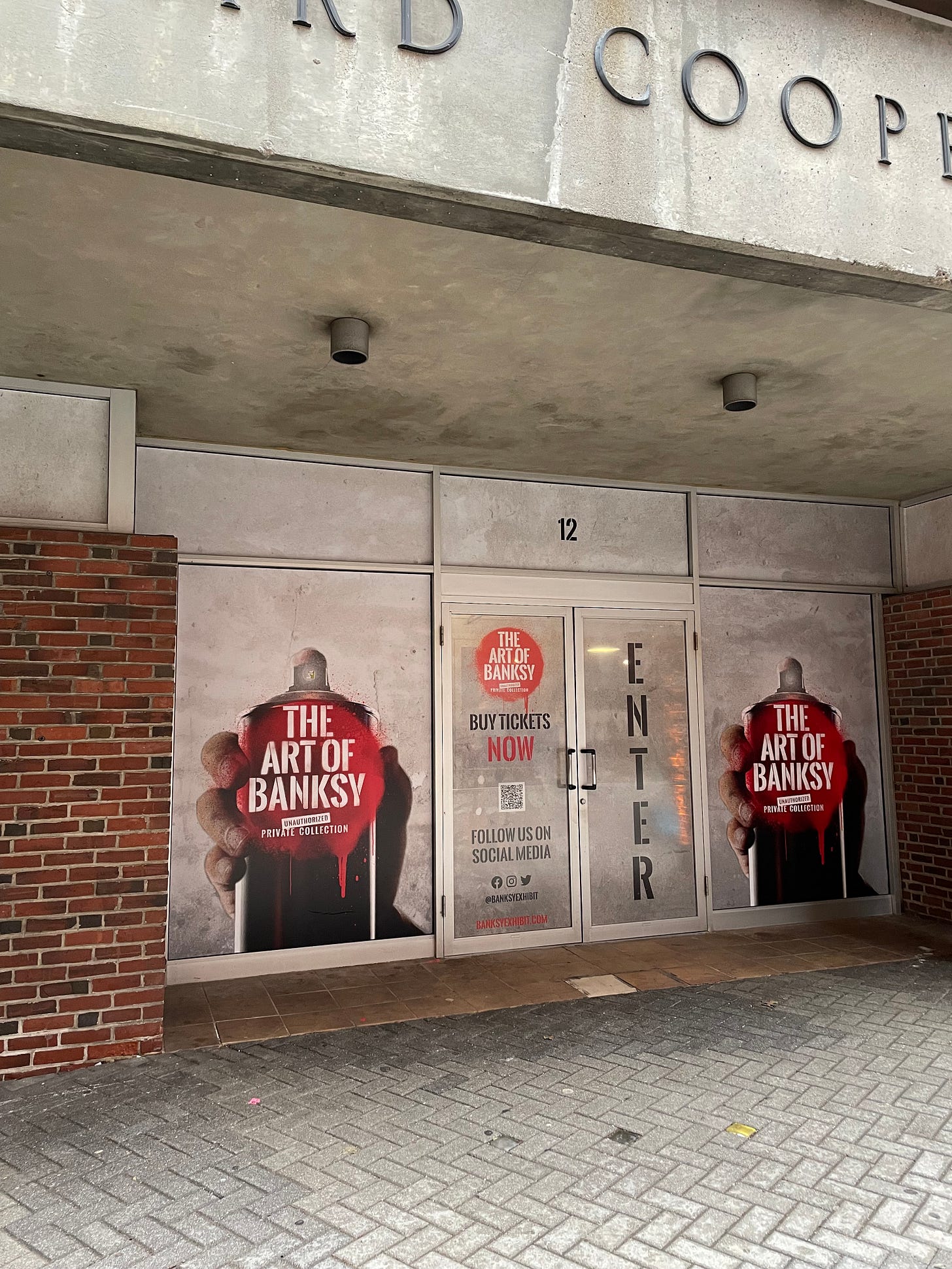
I have tried to express the loss of human scale and interaction, expression, communication I feel with these shops going away with little of kind to replace them. Craft breweries? Not the same thing, really. I get called an aging nostalgic -- by my children no less. 1989, graduated college (in Ohio). Moved to Davis Square, Somerville. Immediately hired at Wordsworth (picture 4, Citizens Bank above). Typical day? T to Harvard Square > day at Wordsworth stocking, recommending, receiving recommendations from, selling books to all sorts of people I'd never otherwise meet (Wallace Shawn!) and working with teachers, arts critics, musicians, future authors (Jhumpa Lahiri!) > knock off work > browse and buy a few unheard gems at Mystery Train > turkish coffee at the café above Brattle Square Theater and then downstairs for a double feature (Godard/screwball comedy) before taking the T back to Davis (oh, maybe catch the Horseflies at Johnny D's at the end of my block). Serendipity at every step of this daily journey/routine doesn't seem to have found an analogous replacement, in my life at least. And the lives of the artists I worked with and incrementally supported and received sustenance from – also gone. I moved in 1991 to Minneapolis-St. Paul. I had a similar experience here. I'm inspired to look at the same degradation of this culture here (although there's a resurgence of record shops, one rep movie house, two surviving bookstores) through the same lens you've ground here. And, as I'm weaning from Spotify and embracing BandCamp where I browse as similarly as I can muster as I did at Mystery Train (or Salem's Record Exchange where I'd buy directly from Barrence Whitfield some Saturdays), I'm apprehensive to hear your news about "ownership" of that community. Sigh. Thanks for helping me be a more intentional consumer, fan, friend of life-enriching artists. Oh, I forgot, one of the greatest joys of my record buying life? Finding series number 313 (my birthday) of the blue vinyl 45 of Tugboat/King of Spain at, I think, Newbury Comics (yeah I know...) in, what, 1988? I guess that brings this full revolution.
Businesses don't seem to exist for the same reasons in the modern age and that saddens me - it seems the ambitions of most modern start-ups isn't to build a business but to build a product that can be sold - it's why it's heartbreaking to see - last.fm, delicious, tweetdeck, songkick, upcoming, flickr ... services you could love when you thought the people who owned/ran them had the same ideals and ambitions as you but can't when their priorities lay elsewhere.
Maybe I'm naive to want an internet full of "family run businesses" whose primary focus is its customer? Maybe capitalism killed that a long, long, time ago. Maybe it was always a pipe-dream.